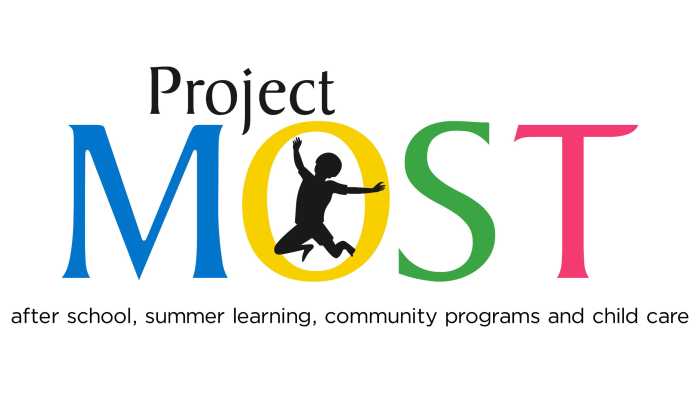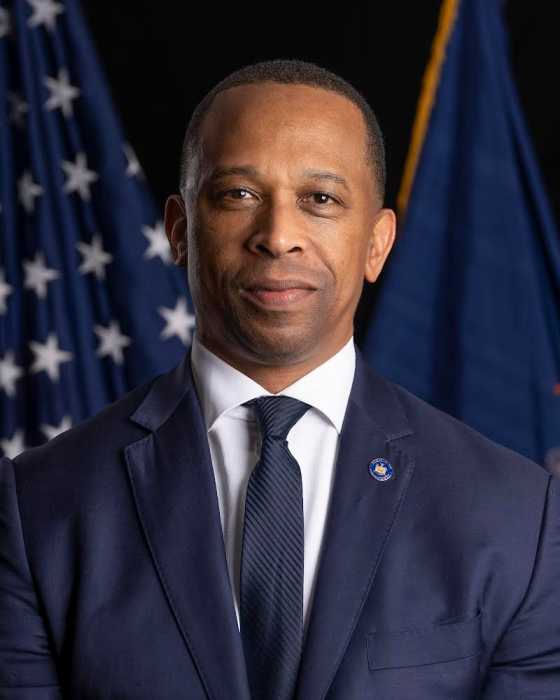
Helping children find balance between tolerance and their own identity
As leaves crunch under little feet on playgrounds, and children sport decorated feather crowns and participate in school assemblies, our nation prepares to celebrate the unifying Thanksgiving holiday. Bound as citizens to each other by the American flag, we are “One nation under God, indivisible, with liberty and justice for all.” That is, until we’re not.
As our commercialized joy comes barreling along this time of year, EducationWorld.com lists 14 holidays that families across the country will happily celebrate. Along with these festivities, hopefully, comes the celebrations of each family’s heritage. How do we allow our children to revel in their identity as part of an ethic background while simultaneously prioritizing tolerance as a collective culture?
As our nation digests the election results, let’s consider the culture of tolerance that has permeated the country over the past few years. Minority and alternative rights are as progressive as they’ve ever been with an unapologetic bravado. President-elect Donald Trump’s acceptance speech implies optimism that with the proper balance of liberals and conservatives on his advisory team, he will be able to support the progress in these important areas. Balance is a key word here, and it’s fair to say that our anything-goes culture can become confusing to anyone, especially to the developing minds that are the future of not just our country, but our world.
To assure the healthy growth of our children and our nation, it is imperative to place an equal priority on tolerance and acceptance, in conjunction with our sense of pride in “who I am and where I come from.”
In an article based on New York Times columnist Bruce Feiler’s book The Stories That Bind Us, he seeks the “secret sauce that…makes families effective, resilient and happy.” Studies show that raising children to be proud, well-adjusted, productive members of society has its strongest roots in the identity they develop within their family culture.
Feiler found, “The single most important thing you can do for your family may be the simplest of all: Develop a strong family narrative.” Experts have said, “the [children] who knew more about their families tend to do better when faced with challenges.” The knowledge of a family narrative goes back generations and includes immigration stories, cultural mores and the premises behind them, including customs and traditions.
As a parent who has been integrally involved in my children’s education for the last 14 years, I can quote the tagline of their school that says, “the success of any child is a partnership between the home and the school on a continuing basis.” Parents and educators are already fighting against the messages that conflict with what we want our children to identify with. While the messages of tolerance and respect are important, they can’t usurp our children’s privilege to grow up being proud of who they are. How can our children develop an identity they are proud of when they are being taught to place their priority on identifying with everything and everyone?
The ensuing identity confusion becomes part of this generation’s development model. So, it’s essential that they are encouraged to foster as strong a sense of self as possible, while also focusing on tolerance and integration.
As we remind our children of the many things we have to be grateful for, let’s add, “being my own, unique, individual self” to the list. Happy Thanksgiving to all.

































